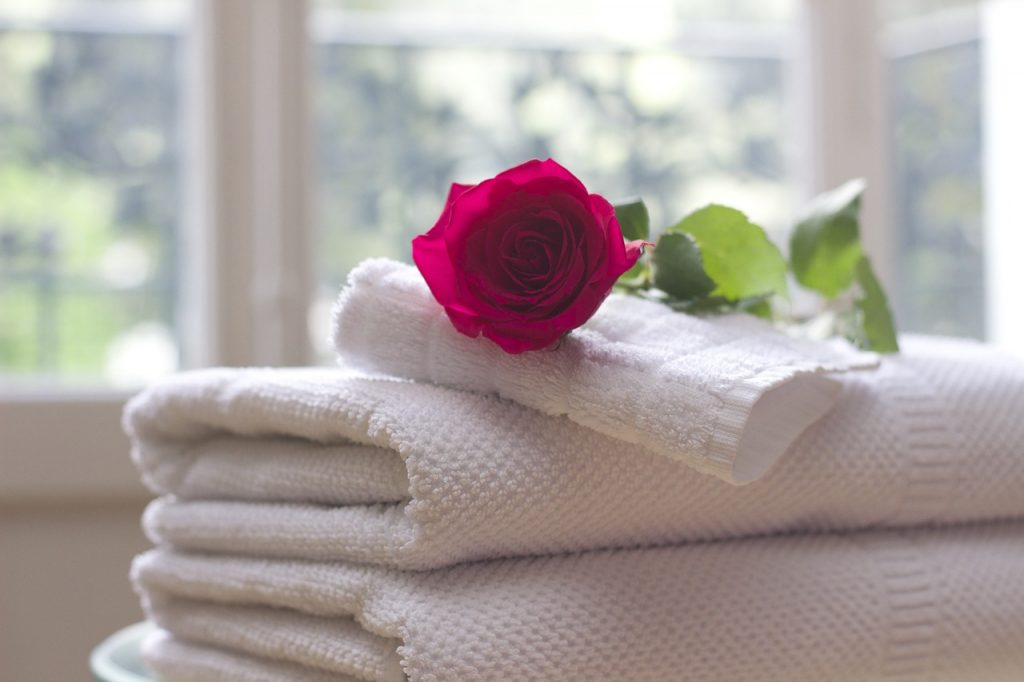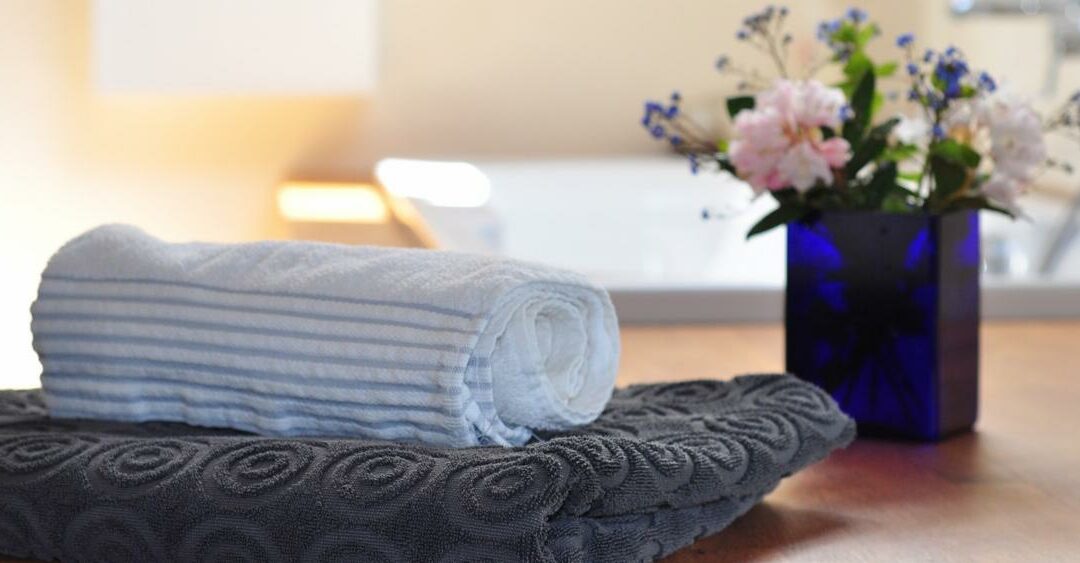Starting a commercial cleaning business can be a profitable endeavor, as long as you begin on the right foot.
The U.S. Bureau of Labor Statistics estimates that jobs in the cleaning sector will see 6% growth by 2024, which is about average. That’s a pretty good outlook in an economy where many other types of jobs are less stable.
That’s also great news for anyone starting a commercial cleaning business. Considered relatively recession-proof, the reality is that businesses run out of offices, factories, and the like will always need cleaning services.
But how does one go about starting a commercial cleaning business? Where do you begin, and where you should expect to end up?
The good news is that getting your business off the ground isn’t very hard. However, it’s important to plan carefully, to have a timeline, and to set measurable, objective goals that you can reach on the way to making your business profitable.

Starting a commercial cleaning business: 8 tips to get you off the ground
1. Make a business plan
A business plan is essential for opening any business. It includes relevant information about what kind of services you’ll offer, how you intend to provide them, financial information, and how and when you expect to become profitable. This document is important not only for running the business, but also for any business loans you anticipate taking out. This is the foundation of your business. Take the time to make it well, and you should be able to follow it all the way to your goal.
2. Establish business entity, accounts, name
Another logistical component to starting a commercial cleaning business is to set up an LLC or other corporate entity, which will require establishing a company name as well as obtaining a Federal Employer Identification Number (FEIN). You’ll also need to open a bank account exclusively for your business dealings. These steps are crucial not only for operating legally as a business, but also if you plan to hire payrolled employees or 1099 contractors.
3. Acquire insurance and bonding
Insurance and fidelity bonds are necessary aspects of your business as well. You’ll need business liability insurance and perhaps additional insurance on equipment or vehicles. Workers’ compensation insurance is also a requirement. It’s usually best to work with a qualified insurance agent or attorney to determine which policies make the most sense for your business.
4. Learn OSHA requirements
Something commercial cleaners have to think about is the Occupational Safety and Health Administration (OSHA) requirements. OSHA is the federal governing body that oversees workplace safety, and they have stringent guidelines particularly for industries that deal with germs, waste, and hazardous materials.
You can obtain most OSHA literature online directly from the agency, or you can solicit help from a third party that specializes in putting together industry-appropriate OSHA packages for a nominal fee.
5. Purchase equipment and materials
Equipment and materials are as essential as employees—you can’t run a business without them! Search for quality used equipment if new equipment is too pricey and set aside a percentage of your earliest profits to go towards new and additional equipment. You should also decide if you’re going to offer green cleaning, as it can be more expensive, but it can reap significant returns as well. Do your homework on your clients and competitors to find out what’s best for you.
6. Recruit and hire
At first, you’ll likely only need one or two employees, but recruiting and hiring will be an ongoing activity from day one. While it can be tedious, investing time in recruiting is a good idea because good help, while not impossible to find, can be harder to come by than you might think.
7. Invest in janitorial management software
In today’s fast-paced world, there’s no better way to keep track of your contracts, customers, employees, and equipment than using janitorial management software. This kind of software allows you to handle many of the administrative tasks of running your business from a single computer or even the convenience of your mobile device. The ROI over time is significant, and will save you thousands if not more in administrative costs.
8. Implement a marketing plan
Once you’ve laid the foundation for starting a commercial cleaning business, it’s time to tell the world about your company! A strong marketing plan is key to bringing in new and lucrative contracts. Start out with business cards, flyers, listings in local business and trade magazines, and a strong social media presence. Direct mail is also still a very effective method of reaching new customers, especially if you reach out to new businesses in your area that might not yet have hired a cleaning company.
All in all, starting a commercial cleaning business will probably require anywhere from $2,000-$6,000 overhead to start, since you won’t need your own office or even branded vehicles to start. In the grand scheme of things, that’s not that much, though it’s certainly still a significant investment of money.
It’s also good to know that you may not be profitable for three to six months (at least), so take that into consideration when making your budgets and planning for your ultimate success!

